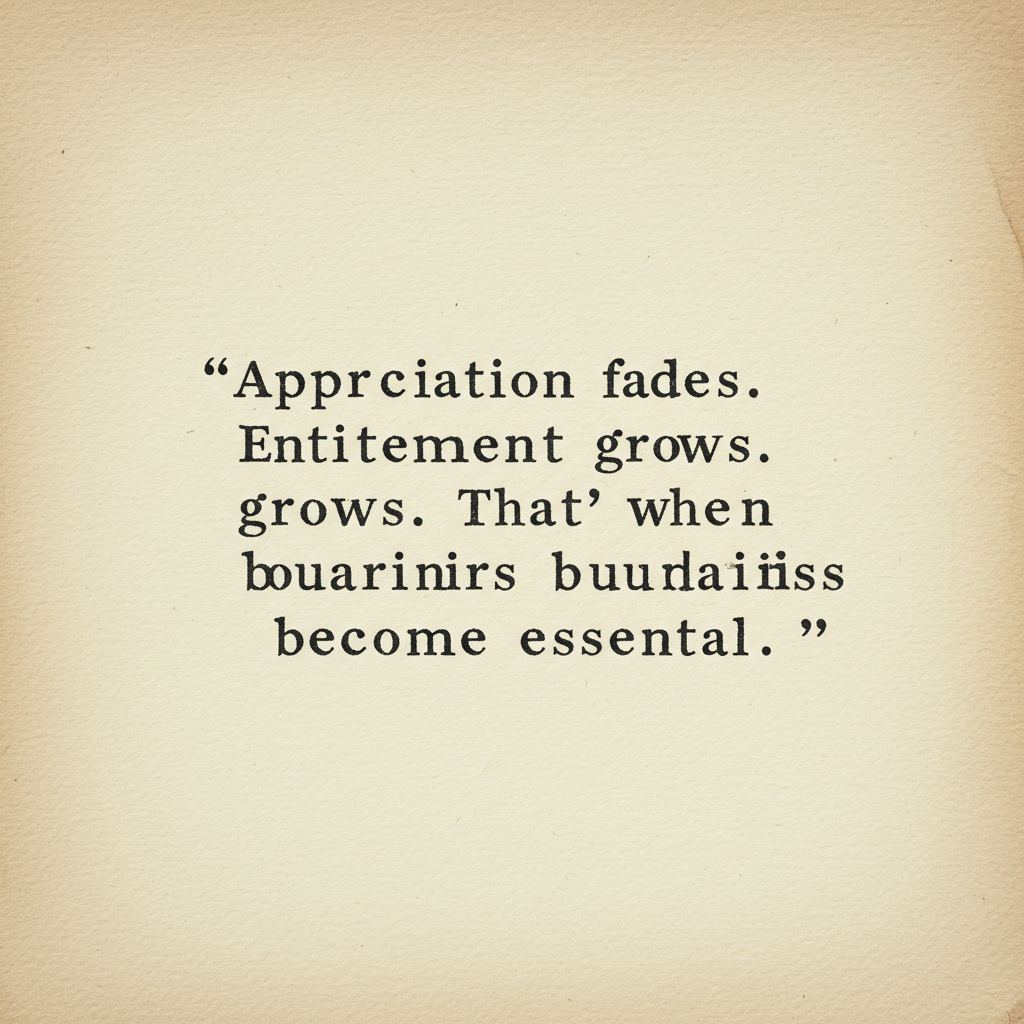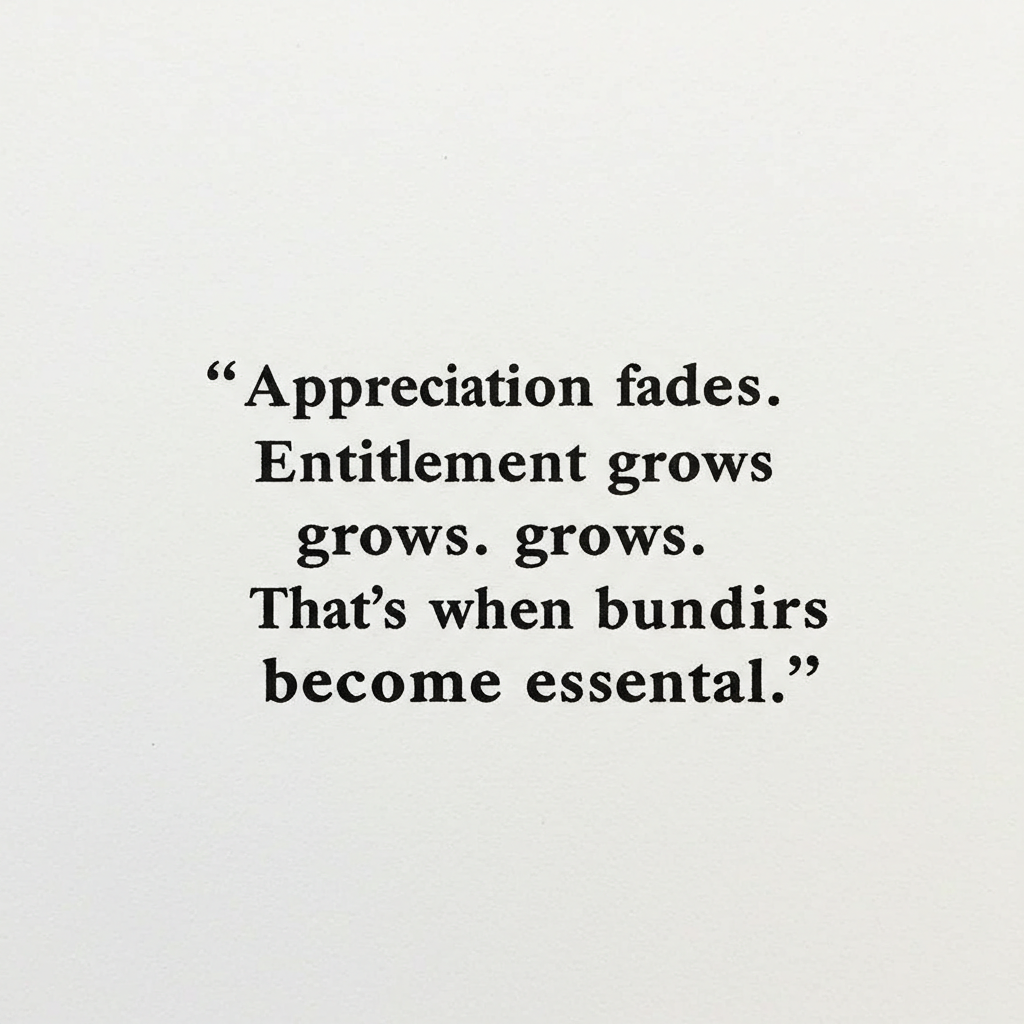AITAH for Telling My Husband I Won’t Cook for His Friends Every Weekend Anymore?
It started with a favor. Then it became an expectation. Now it’s a source of simmering resentment. In today’s AITAH scenario, a woman grapples with what happens when “being a good host” turns into unpaid labor in her own home—and her husband doesn’t see the problem.
Is she the villain for putting her foot down, or is her husband taking her for granted?
The Backstory: Hosting Gone Too Far

A 34-year-old woman—let’s call her Zara—shared on Reddit’s AITAH subreddit that for the past year, her husband has invited his friends over every single weekend. The group usually includes five to seven people, and Zara, who enjoys cooking, used to prepare full meals for them.
At first, she didn’t mind. It felt good to be appreciated, and she liked the company. But over time, things changed.
Now the visits are expected. The guests rarely bring anything or offer to help clean up. And her husband? He brags about Zara’s cooking but doesn’t lift a finger.
Eventually, Zara had enough. One Saturday morning, she told her husband: “I’m done. I’m not cooking for your friends every weekend anymore.”
He was shocked—and not in a good way.
The Blow-Up: “You’re Being Selfish”

Her husband accused her of overreacting, saying she was “ruining the fun” and “acting like a guest in her own house.” He told her his friends love her food and that she’s “turning into someone who doesn’t care about hospitality.”
Zara countered that she’s not a personal chef. She works full-time, handles most of the house chores, and spends her weekends prepping and cleaning while everyone else relaxes.
He argued that entertaining guests is a shared responsibility in marriage and that Zara should be proud people enjoy her meals.
Feeling unappreciated and used, she turned to Reddit with a simple question: AITAH for not wanting to cook for my husband’s friends anymore?
Community Weigh-In: The Internet Has Opinions

As always, Reddit came in swinging with thousands of responses. The vast majority said: Zara is not the villain.
“Your husband doesn’t want a wife, he wants a caterer,” one top comment read.
Others pointed out the double standard. “If the roles were reversed and a husband was expected to entertain and cook for his wife’s friends every weekend, people would call it toxic.”
Some users noted that what started as a fun tradition became unpaid, unacknowledged labor. It wasn’t about food—it was about respect.
Still, a minority of commenters suggested that communication may be lacking.
“If you never said it was bothering you until now, maybe he thought you genuinely enjoyed it,” one user commented. “But now that you’ve spoken up, he needs to listen.”
The Real Issue: When Appreciation Turns Into Entitlement

What Zara is experiencing is a form of emotional labor—and it’s incredibly common. Many women find themselves in this exact situation: something they once did out of love or kindness becomes an obligation when no one else steps up.
What Went Wrong?

-
Lack of boundaries: The weekend dinners became a routine without checking in on how Zara felt about it.
-
Lack of support: Her husband never helped prep, clean, or even organize.
-
Lack of gratitude: Instead of thanking her, he took it for granted—and lashed out when she stopped.
Red Flags in Disguise

Sometimes, conflict over small things—like food or chores—can reveal much deeper relationship issues. Here are a few to watch for:
-
Dismissed feelings: If your partner gets defensive when you express discomfort, that’s a red flag.
-
Unbalanced responsibility: A relationship shouldn’t rely on one person to maintain the social calendar and do all the work.
-
Weaponized guilt: If someone makes you feel bad for asserting a boundary, take a step back and reassess.
What Could Have Been Done Differently?

For Zara:
-
Set boundaries earlier. Communicating discomfort sooner could’ve helped prevent resentment.
-
Propose alternatives, like potluck-style gatherings or rotating responsibilities.
-
Ask for shared prep duties to maintain balance.
For Her Husband:
-
Show gratitude, not entitlement.
-
Share the workload or rotate hosting duties with friends.
-
Understand that hospitality doesn’t mean servitude.
AITAH? Final Verdict

Absolutely not. Zara isn’t a villain—she’s someone who gave generously until it became unsustainable. Setting boundaries doesn’t make you selfish. It makes you human.
Hospitality should be mutual. Appreciation should be expressed. And marriage? That’s a partnership, not a catering contract.



